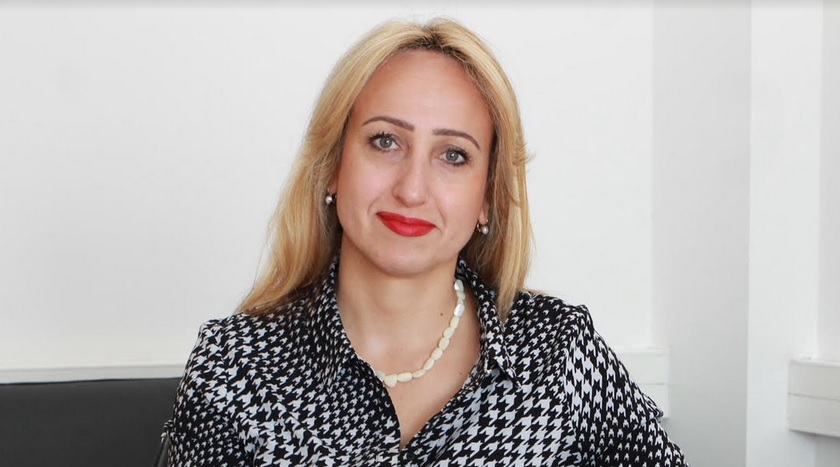
By: Sanela Gorušanović-Butigan
Common reason for drafting, tailoring, accepting and passing the HJPC Communication Strategy is establishing and developing advanced, functional and two – way communication that would ensure and enable undisturbed information flow through mutual appreciation and respect of all parties involved in communication process.
Therefore, Communication Strategy document has additional ambition to, apart from determining and defining its goals, messages and communication principles, as well as defining target groups and communication channels and patterns of HJPC, to set up a strategic framework and guidelines, regarding the advancement of transparency of judicial and prosecutorial system in BiH. Also, its aim includes the defining of internal communication within the HJPC institution and to create and tailor mechanisms of dispersion, required for communication competences with general public through media sources. Hence, HJPC BiH shall, as institution, guide and direct communication programs and activities defined by this document, as “umbrella strategy” that would cover the entire judiciary system. Therefore, during the accepting, approval and passing of Communication Strategy, the Council decided to approve and pass the conclusion obliging courts to, through their strategic plans and annual plans, as one of their goals, include the increasing of transparency as far as their work is concerned.
Based on previously conducted analysis, covering advantages and disadvantages, including opportunities and threats (both on HJPC of BiH and on the entire judiciary level), which shall include political, economy, social and technology aspects, Communication Strategy roof – based tasks and assignments have been created and drafted. They shall include:
- Accomplishing an increased level of transparency within HJPC of BiH and the entire judiciary system;
- Advancing public trust within judiciary system in BiH
Fundamental and specific goals and aims that should be attained through system – based communication pattern and directions between judiciary system and general public (both directly and/or through media sources), have been created and tailored, again based on the above outlined roof tasks and assignments.
The document has additionally defined and determined key messages that should be communicated among citizens, so the work performed by judiciary officials, but also the framework, regarding their competences, authorizations and limits, would clearly and continuously be released and revealed throughout various and different communication channels and patterns. Key messages defined by the Communication Strategy therefore shall include the following:
- Ensuring and enabling independent, unbiased, professional and efficient judiciary system. HJPC of BiH shall provide equal approach and access to justice that should comprehend equal rights for all citizens, according to the law which altogether shall result in enhancing the rule of law in BiH.
- Judiciary system is warrant to legal state, including availability and access to justice, safety and security, as well as efficient and quality – founded accomplishment of rights protection, including public and civil freedom/liberty.
Communication strategy has defined communication partners, that is, target groups that should receive all important information required for full functionality of judiciary system. Strategy has thus defined semi – internal public holders (judges and prosecutors; court presidents and chief prosecutors; association of judges and prosecutors) and external public holders (representatives of legislative and executive governing levels; academic community, non – governmental organization; civil societies, expert associations, lawyers and solicitors chambers, media and journalists, international organizations and BiH public/citizens).
Apart from this, Communication Strategy shall cover both methods and communication means (tools) required to conduct common and specific goals, so messages could thus be passed successfully to certain target public groups. Accordingly, press releases are considered as very important, including press conferences, public appearances in media, organizing different events, web sites, mini campaigns for public informing and social media sources, such as Face book and Linked In.
Part of Communication Strategy has been dedicated to internal communication and the focus here is directed to communication between HJPC of BiH managers and institution staff, that is, managers of judiciary institutions and their staff too.
Particular segment of Communication Strategy is directed to crisis communication, providing framework for planning and managing the communication process during crisis situations, as well as using social media sources as communication channels and patterns used by judiciary institutions.
Finally, Communication Strategy document has defined the issue and question of implementation of activities and measures defined by the Action Plan, required for the implementation of Communication Strategy.
(Author of this article is vice president of High Judiciary and Prosecutorial Council of BiH)



